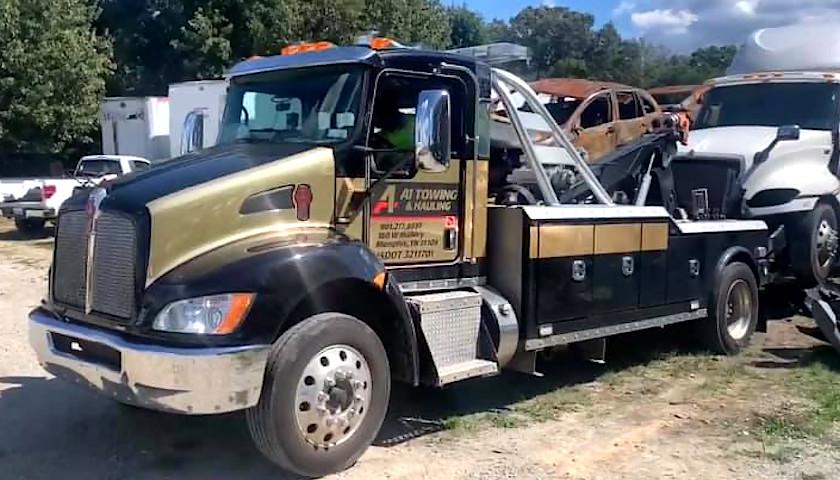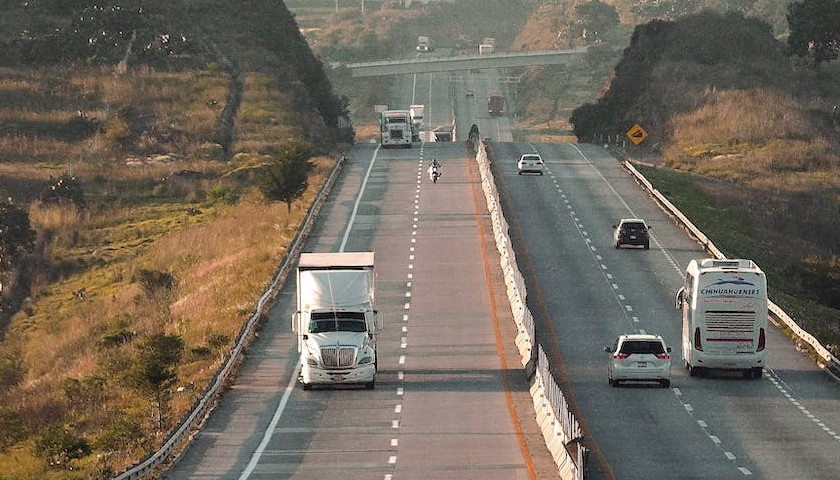by Christian Wade
Connecticut is coming up short on revenue from a controversial highway tax on truckers, with the state bringing in less money than expected during the first few months of the new levy.
Figures from the state Department of Revenue Services show the Highway Use Tax generated only $18.6 million from January through April, roughly half of what state budget writers had anticipated.
The tax, which went into effect on Jan. 1, requires commercial truckers to pay rates ranging from 2.5 cents per mile for trucks with a gross weight of 26,000 pounds to 10 cents per mile for trucks weighing 80,000 pounds. Trucks weighing more than 80,000 pounds are required to pay 17.5 cents per mile under the new regulations.
Initially, state budget writers had expected to collect $45 million in the first six months of the year from the new tax but later revised that estimate to about $35 million.
State officials still project the tax will generate more than $90 million annually beginning in the next fiscal year, and plan to devote much of the revenue to transportation projects aimed at blunting the impact of climate change.
Gov. Ned Lamont pushed the new tax through the Democratic-controlled state Legislature in 2021 near the end of the previous session. Its approval came over the objections of Republican lawmakers, who argued the program was essentially a fuel tax increase that would saddle road users and business owners with more costs.
The move followed the collapse of a multi-state transportation pact to reduce regional tailpipe emissions for trucks and passenger vehicles.
But truckers say the new tax saddles them with more expenses amid high inflation and other pressures, and say those costs ultimately will be passed onto consumers.
John Blair, president of the Motor Transportation Association of Connecticut, said the levy has had an “immediate and direct impact” on truckers and consumers and adds to the “ever-increasing costs of doing business in Connecticut.”
Trucking groups also argue the tax doesn’t pass legal muster, citing a recent federal court’s ruling that Rhode Island’s truck-only tolling program is unconstitutional.
Republican lawmakers have made several attempts to repeal or scale back the trucker’s tax, but the Democratic majority has rejected those efforts.
The Lamont administration argues that repealing the tax would result in a $30 million deficit in the state’s transportation fund, impacting projects.
Officials say money from the fund is used for highway upgrades and other transportation needs.
– – –
Christian Wade is a contributor to The Center Square.








